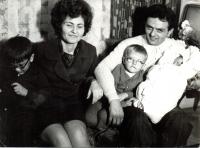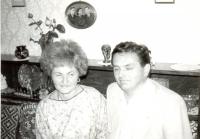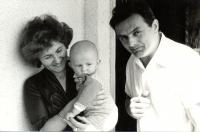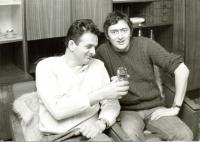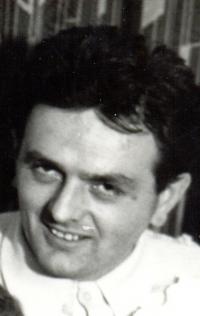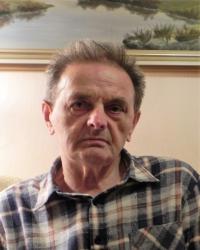Finding one’s reason for living for me is to have faith in God

Stáhnout obrázek
Jozef Babiak was born on August 29, 1934 in Žiar nad Hronom. He comes from a peasant family and together with his sister and parents they moved to Lontov near Šahy. This territory was annexed to Hungary during the Second World War, but the Babiak family remained to live there. When Jozef was eight years old, his mother died. His father remarried few years later. After 1948 Jozef‘s father was persecuted and later convicted as a kulak. Having a profile of kulak‘s son, Jozef was unable to study at any university and thus he left to work to Motorlet factory in Jinonice. In 1953 a State Security agent got in touch with Jozef through his colleague and lured him to cross the Austrian borders with the intention to emigrate. Jozef was caught and sentenced to 16 years of imprisonment. In the prison he met with various political prisoners and respected religious persons, from whom he gained great knowledge. Most of all he was thrilled by physics. He was a strong opponent of the regime and he refused to apply for earlier release. Finally, he left the prison in 1966. He settled down in Zvolen, where he met a bank clerk Mária Slosiarová. They got married one year later and together they had two sons. Jozef worked in repair manufactory ŽOS Zvolen and later in Zvolen hospital. Until November 1989 he was a fierce critic of the regime. After the Velvet Revolution he tried to lead his own business and since 1994 he has been retired and devoted to physics.
